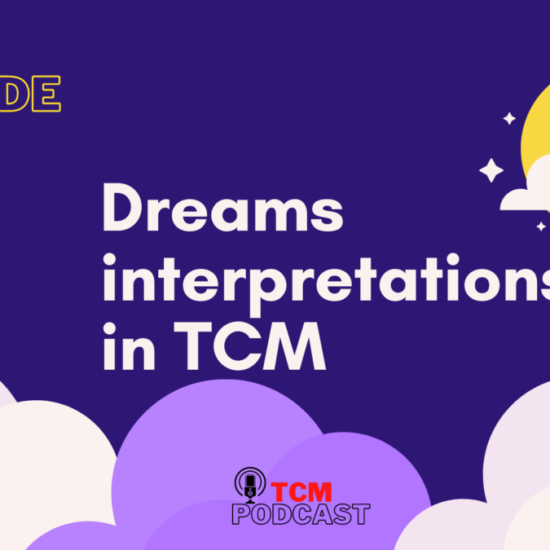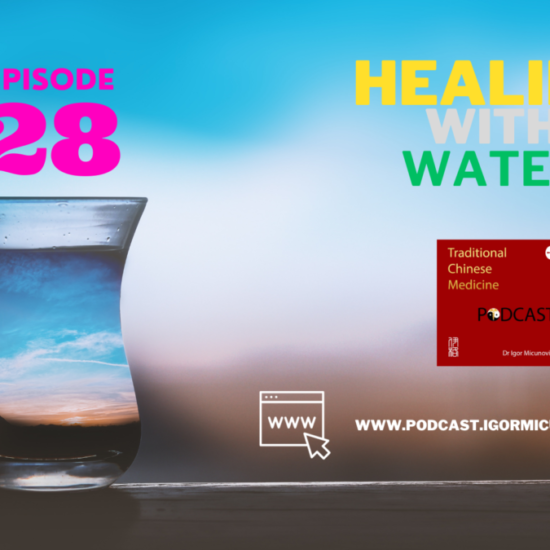Advances in nutrition, healthcare, and awareness of healthy living have led to increased life expectancy and lower mortality rates.
Currently, Hong Kong, Japan, and South Korea hold the highest life expectancies worldwide, significantly influenced by Chinese cultural practices, particularly in the realm of traditional Chinese medicine, which plays a crucial role in the region’s health and longevity. Cultural habits and dietary choices are deeply rooted in these societies.
Aging is now a universal issue, with countries experiencing both an absolute and relative rise in aging populations. Japan, Spain, and Italy are notable for their rapidly increasing elderly demographics, especially among those aged 80 and above.
Improved health protocols have resulted in healthier, longer lives for many. Older adults today are not only healthy but also desire to continue working, as seen in Japanese culture. Promoting “active aging” by allowing older individuals to work as long as they choose will contribute to a healthier population both physically and mentally.
There is a close connection between education and healthy aging. Educating both the elderly and younger generations about maintaining a balanced diet, exercise, and lifestyle can help promote longevity and mitigate public health burdens on families.
Moreover, the community and families play critical roles in changing perceptions about aging, fostering acceptance and support for the elderly. Strengthening family ties is crucial for ensuring ongoing support.
Japan showcases two distinct characteristics: a higher willingness among older individuals to work compared to other nations and motivations beyond financial gain, such as remaining socially engaged and healthy.
Studies have suggested that a diet low in protein and high in carbohydrates can promote longevity. Research from the Salk Institute found that eating within a shorter timeframe daily can result in health benefits, making a lower-carb, higher-protein diet potentially less advantageous compared to a balanced, moderate carbohydrate diet akin to the Okinawan style.
Centenarian studies in South-East Asis with high numbers of those living past 100, like Okinawa and parts of Italy, emphasize plant-based diets low in protein and sugars, focusing instead on complex carbohydrates from beans and other plants. Many centenarians consume fewer meals daily, often finishing their evening meals before nightfall.
Comparative analyses show that older Okinawans typically consume less meat and more vegetables than their American counterparts, contributing to lower instances of cancer and heart disease among them.
Regarding exercise, epidemiological studies indicate significant mortality reduction tied to moderate to vigorous physical activity across diverse populations. For example, Australians reporting over 150 minutes of weekly moderate to vigorous exercise showed a 47% lower mortality risk, emphasizing the benefits of even moderate exercise without the necessity for extreme levels.
Researches has demonstrated that periodic fasting enhances regeneration within various body systems. Fasting encourages stem cell activation, with subsequent cellular rejuvenation occurring after normal eating resumes. These findings suggest fasting could hold valuable implications for health and longevity.
For those at high cancer risk, dietary recommendations include adhering to a longevity diet, characterized by limited fish intake and a focus on plant-based foods, alongside practices promoting healthy lifestyle choices.
Regular exercise, quitting smoking, moderating alcohol intake, effective stress management, and maintaining proper hydration are all integral to achieving longevity.
Traditional Chinese medicine emphasizes the importance of a balanced approach to life and diet as key to longevity, suggesting deep cultural roots reflect in dietary and lifestyle patterns promoting health. This philosophy, informed by Daoism, advocates for a comprehensive understanding of life cycles and the balance of energy (Qi) as foundational elements in cultivating health and well-being.
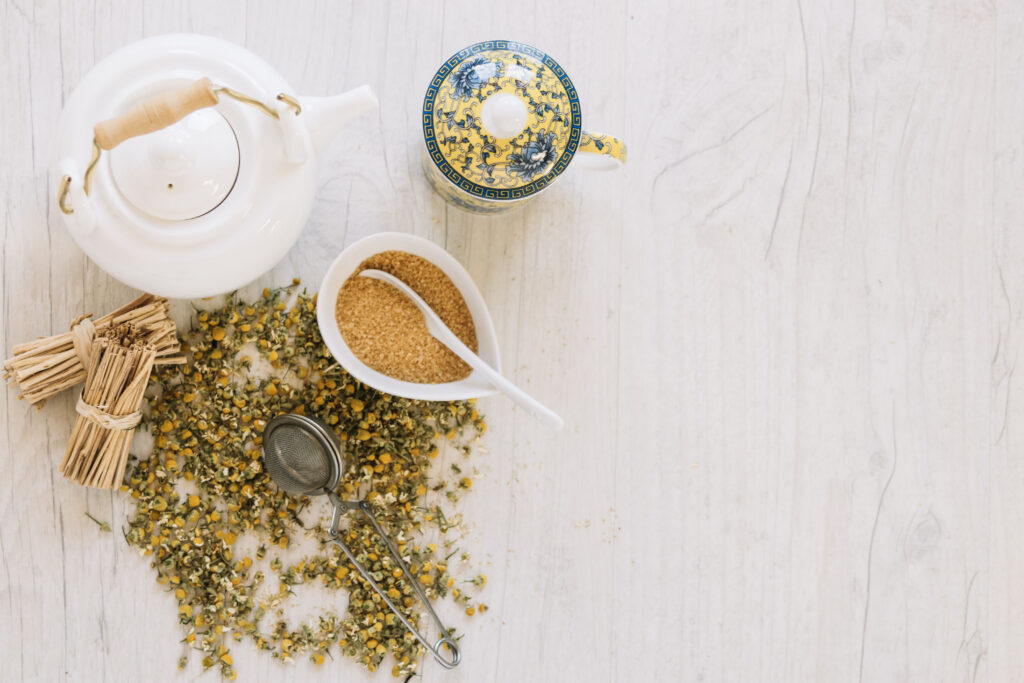
Here are some essential TCM suggestions for enhancing longevity:
– Emphasize Whole Foods: Make fruits, vegetables, whole grains, lean proteins, and healthy fats your main food choices.
– Minimize Processed Foods: Cut back on sugary, processed, and high-fat foods.
– Stay Hydrated: Drink sufficient water throughout the day.
– Commit to Regular Activity: Aim for at least 150 minutes of moderate aerobic exercise each week (like walking or cycling).
– Incorporate Strength Training: Include resistance exercises twice weekly to preserve muscle mass and bone strength.
– Improve Flexibility and Balance: Engage in activities such as yoga or tai chi to enhance flexibility and reduce fall risk.
– Make Sleep a Priority: Strive for 7-9 hours of restful sleep each night.
– Stick to a Schedule: Keep consistent sleep and wake times, even on weekends.
– Optimize Sleep Environment: Create a dark, quiet, and cool bedroom for better sleep quality.
– Stop Smoking: Completely abstain from tobacco products.
– Moderate Alcohol Consumption: Drink alcohol sparingly, if at all.
– Keep Up with Screenings: Ensure regular health check-ups and vaccinations.
– Manage Ongoing Health Issues: Follow the advice of healthcare professionals for any existing medical conditions.
– Manage Stress: Utilize techniques like meditation, deep breathing, or mindfulness for stress relief.
– Maintain Positivity: Foster a positive mindset and engage in joyful activities.
– Seek Connection: Build strong social networks and ask for help when facing mental health challenges.
– Get Involved: Participate in community or volunteer activities.
– Embrace Lifelong Learning: Stimulate your mind by learning new skills or hobbies.
– Reduce Pollution Exposure: Limit time in polluted areas and consider using air purifiers.
– Ensure a Safe Home: Maintain a secure and well-kept living space.
– Balance Diet and Exercise: Focus on a healthy diet paired with regular physical activity to achieve and maintain a healthy weight.
– Avoid Quick Fixes: Opt for sustainable lifestyle changes rather than extreme diets.
Ultimately, human desire for longevity transcends culture, echoing across religious and philosophical landscapes where the pursuit of immortality remains a profound aspiration, guiding both ancient practices and contemporary medical research.
Traditional Chinese medicine (TCM) boasts a rich history of enhancing health and longevity through a holistic approach that prioritizes balance and harmony both within the body and with the surroundings. Here are several ways TCM supports longevity:
Preventive Care: TCM emphasizes the importance of preventing illness by maintaining balance within the body’s systems, which practitioners believe can lead to the avoidance of many diseases and promote longer, healthier lives.
Herbal Medicine: A wide range of herbs and formulations in TCM are utilized to prevent and treat health issues, often aimed at strengthening the body, enhancing organ function, and boosting the immune system, all contributing to longevity.
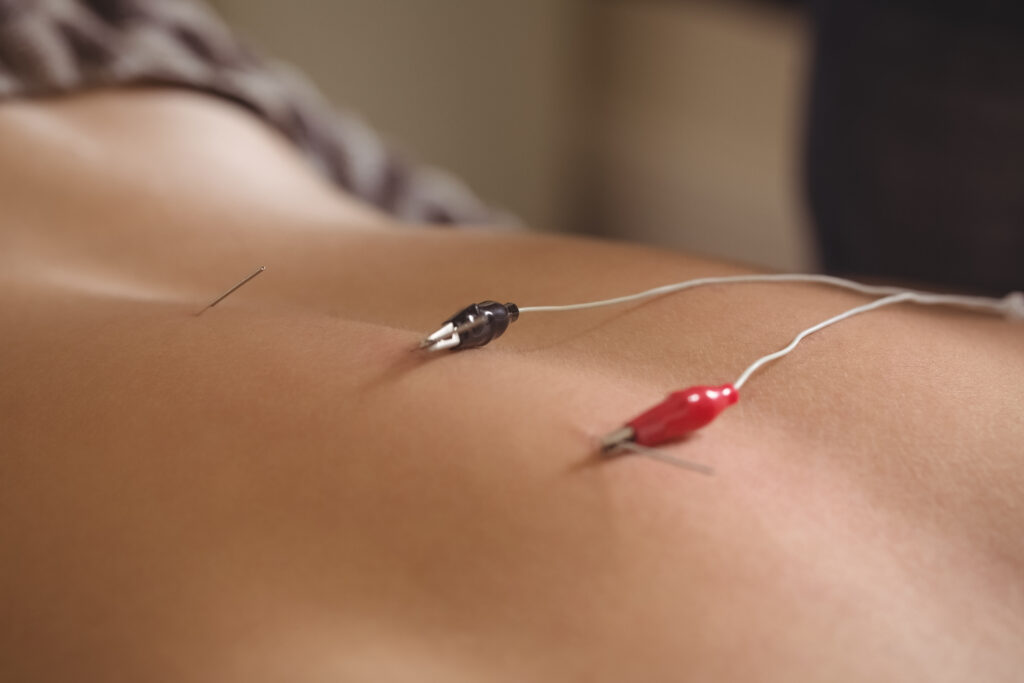
Acupuncture is thought to enhance bodily functions and facilitate natural self-healing, which can improve overall health and lifespan.
Qi Gong and Tai Chi: These gentle exercises incorporate movement, meditation, and controlled breathing to improve Qi flow, enhance both physical and mental well-being, and reduce stress, factors that can aid in living longer. Regular practice can help maintain the smooth flow of Qi and Blood, strengthen the body, and prevent illness.
Dietary Therapy: TCM dietary guidelines are customized based on individual needs, selecting foods for their healing qualities and energy-balancing capabilities. A diet aligned with TCM can support organ health and promote longevity. For instance, cooling foods might be recommended for someone with excessive heat in their body, while warming foods could be suggested for someone with cold patterns.
Tui Na Massage: This therapeutic massage technique is used to enhance circulation, alleviate pain, and lower stress levels. By fostering relaxation and healing, Tui Na can contribute to overall wellness and a longer life.
Emotional Balance: Recognizing the link between emotional and physical health, TCM often recommends practices like meditation and mindfulness to preserve emotional equilibrium, which is seen as vital for a healthy, extended life.
Seasonal Adjustments: TCM advocates for living in accordance with the seasons. Making adjustments to diet, activities, and sleep patterns based on seasonal changes is believed to help maintain balance and prevent illness. For example, TCM suggests that in spring, one should focus on activities that support the liver and gallbladder, while in winter, it’s important to conserve energy and protect the kidneys.
Constitutional Strengthening: TCM practitioners aim to fortify an individual’s constitution, viewed as the cornerstone of health. By addressing vulnerabilities and enhancing inherent strengths, TCM seeks to promote longevity.
Detoxification: Various detoxification methods, including herbal treatments and specific dietary approaches, are part of TCM. These practices aim to eliminate toxins and boost organ function, thereby aiding in longevity.
PREVENTIVE CARE is a cornerstone of traditional Chinese medicine (TCM), emphasizing the maintenance of health and the prevention of disease rather than just treating illness after it occurs. TCM’s approach to preventive care is holistic, considering the physical, emotional, and environmental factors that contribute to an individual’s health. Here are some key aspects of preventive care in TCM:
Understanding the Body’s Constitution: TCM practitioners assess an individual’s constitution, which is believed to be determined by the balance of Yin and Yang, the state of the vital substances (Qi, Blood, Body Fluids), and the condition of the organ systems. By understanding one’s constitution, practitioners can provide personalized advice on how to maintain balance and prevent disease.
Regular Check-ups: TCM practitioners may recommend regular check-ups to monitor the state of one’s health and make adjustments to lifestyle, diet, and treatment plans as needed to prevent disease.
Preventive care in TCM is about creating a lifestyle that supports the body’s natural healing abilities and maintains balance. It’s a proactive approach to health that can be integrated with conventional medical practices to support overall well-being and longevity.
In Traditional Chinese Medicine (TCM), certain herbs are renowned for their potential to promote longevity and overall well-being. These herbs are believed to strengthen the body, enhance vitality, and support the functions of various organ systems. Below is a list of some commonly used TCM herbs associated with longevity, along with their traditional uses:
Ginseng (人参, Rén Shēn).
– Benefits: Ginseng is one of the most famous longevity herbs in TCM. It is known to tonify Qi, strengthen the Spleen and Lungs, improve energy, and enhance mental clarity. It is often used to combat fatigue, boost immunity, and support overall vitality..
Astragalus (黄芪, Huáng Qí)
– Astragalus is a powerful Qi-tonifying herb that strengthens the immune system, supports the Spleen and Lungs, and promotes energy. It is often used to prevent illness and enhance resilience, making it a key herb for longevity.
Reishi Mushroom (灵芝, Líng Zhī)
– : Known as the “Mushroom of Immortality,” Reishi is highly valued in TCM for its ability to calm the mind, support the Heart, and strengthen the immune system. It is also used to improve sleep, reduce stress, and promote overall vitality.
Goji Berries (枸杞子, Gǒu Qǐ Zǐ)
– Goji berries are known to tonify the Liver and Kidneys, nourish the Blood, and improve vision. They are rich in antioxidants and are often used to support overall health, boost energy, and promote longevity.
He Shou Wu (何首乌, Hé Shǒu Wū)
– Also known as Fo-Ti, this herb is traditionally used to tonify the Kidneys and Liver, nourish the Blood, and support healthy aging. It is believed to darken hair, improve vitality, and promote longevity.
Schisandra Berry (五味子, Wǔ Wèi Zǐ)
– Schisandra is known as an adaptogen, helping the body adapt to stress. It tonifies the Kidneys and Lungs, calms the mind, and improves energy. It is also used to support liver health and enhance mental clarity.
Cordyceps (冬虫夏草, Dōng Chóng Xià Cǎo)
– Cordyceps is a prized herb for tonifying the Kidneys and Lungs, improving energy, and enhancing physical performance. It is often used to combat fatigue, support respiratory health, and promote longevity.
Dang Gui (当归, Dāng Guī)
– Known as the “female ginseng,” Dang Gui is used to tonify and nourish the Blood, regulate menstruation, and support overall vitality. It is also beneficial for promoting healthy circulation and skin.
Polygonum Multiflorum (何首乌, Hé Shǒu Wū)
– This herb is used to tonify the Kidneys and Liver, nourish the Blood, and support healthy aging. It is traditionally believed to promote longevity, improve hair health, and enhance vitality.
Licorice Root (甘草, Gān Cǎo)
– Licorice is often used in TCM formulas to harmonize other herbs, tonify the Spleen and Stomach, and support adrenal health. It is also known for its anti-inflammatory and immune-boosting properties.
Chinese Yam (山药, Shān Yào)
– Chinese Yam is used to tonify the Spleen, Stomach, and Kidneys. It is known to improve digestion, nourish the body, and support overall vitality, making it a key herb for longevity.
Eucommia Bark (杜仲, Dù Zhòng)
– Eucommia is used to tonify the Kidneys and Liver, strengthen the bones and tendons, and support healthy aging. It is often used to improve energy and promote longevity.
Longan Fruit (龙眼肉, Lóng Yǎn Ròu)
– Longan fruit is used to tonify the Heart and Spleen, nourish the Blood, and calm the mind. It is often used to improve sleep, reduce stress, and support overall vitality.
Jujube Dates (大枣, Dà Zǎo)
– Jujube dates are used to tonify the Spleen and Stomach, nourish the Blood, and calm the mind. They are often included in herbal formulas to support digestion, improve energy, and promote longevity.
Poria Mushroom (茯苓, Fú Líng)
– Poria is used to strengthen the Spleen, calm the mind, and promote healthy fluid metabolism. It is often used to support digestion, reduce dampness, and promote overall well-being.
– Combination Formulas: Many of these herbs are used in combination with others to enhance their effects and address specific health concerns.
By incorporating these herbs into a balanced lifestyle, TCM aims to support longevity by promoting harmony within the body and enhancing overall vitality.
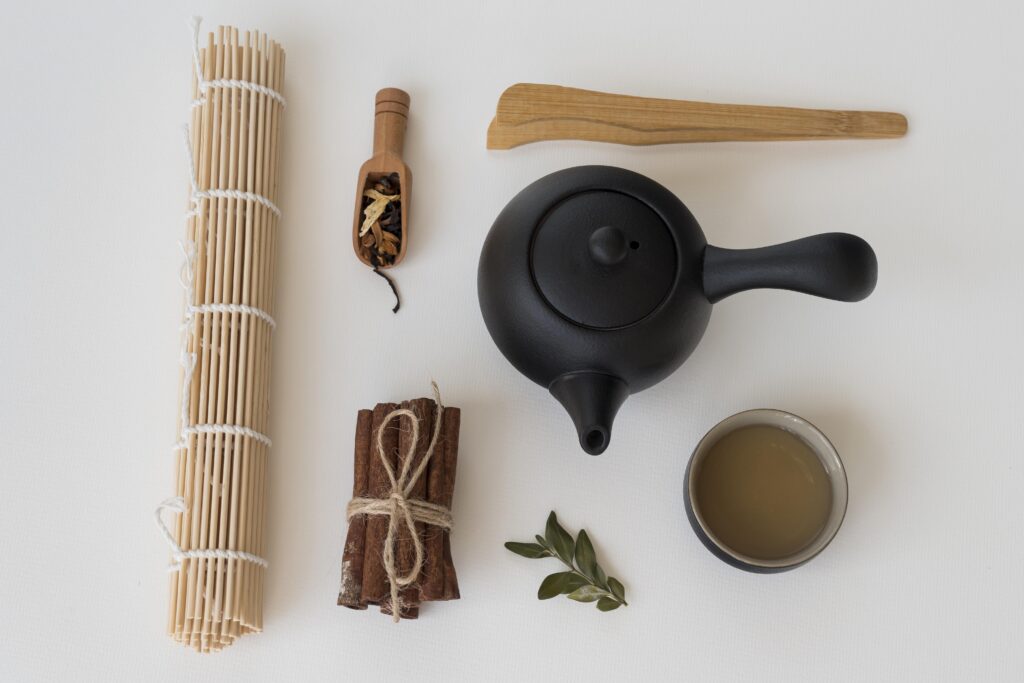
Traditional Chinese Medicine (TCM) has a rich history of using herbal formulas to promote health, vitality, and longevity. These formulas are carefully crafted combinations of herbs that work synergistically to balance the body’s systems, tonify Qi, nourish the Blood, and support organ function. Below are some of the most famous TCM formulas traditionally used for promoting longevity and overall well-being:
Liu Wei Di Huang Wan (六味地黄丸) – Six-Ingredient Rehmannia Pill
– Primary Herbs: Rehmannia (Shu Di Huang), Shan Yao (Chinese Yam), Shan Zhu Yu (Cornus Fruit), Mu Dan Pi (Tree Peony Bark), Fu Ling (Poria), Ze Xie (Alisma).
– This classic formula tonifies the Kidneys and Liver, nourishes Yin, and supports healthy aging. It is often used for symptoms of aging such as fatigue, weak knees, dizziness, and tinnitus.
– Indications: Kidney Yin deficiency, dryness, and signs of aging.
Ba Zhen Tang (八珍汤) – Eight Treasure Decoction
– Primary Herbs: Ren Shen (Ginseng), Bai Zhu (Atractylodes), Fu Ling (Poria), Gan Cao (Licorice), Dang Gui (Angelica), Chuan Xiong (Ligusticum), Bai Shao (White Peony), Shu Di Huang (Rehmannia).
– Benefits: This formula tonifies both Qi and Blood, making it ideal for improving energy, vitality, and overall health. It is often used for weakness, fatigue, and poor complexion.
– Indications: Qi and Blood deficiency, especially in the elderly or those recovering from illness.
Si Jun Zi Tang (四君子汤) – Four Gentlemen Decoction
– Primary Herbs: Ren Shen (Ginseng), Bai Zhu (Atractylodes), Fu Ling (Poria), Gan Cao (Licorice).
– Benefits: This formula strengthens the Spleen and Stomach, tonifies Qi, and improves digestion. It is a foundational formula for building energy and supporting longevity.
– Indications: Spleen Qi deficiency, fatigue, poor appetite, and weak digestion.
Shen Ling Bai Zhu San (参苓白术散) – Ginseng and Atractylodes Powder
– Primary Herbs: Ren Shen (Ginseng), Bai Zhu (Atractylodes), Fu Ling (Poria), Shan Yao (Chinese Yam), Bian Dou (Hyacinth Bean), Lian Zi (Lotus Seed), Yi Yi Ren (Coix Seed).
– Benefits: This formula tonifies the Spleen and Stomach, strengthens digestion, and resolves dampness. It is often used to improve energy, appetite, and overall vitality.
– Indications: Spleen Qi deficiency with dampness, fatigue, and digestive issues.
Qi Bao Mei Ran Dan (七宝美髯丹) – Seven Treasures Beard Beautifying Pill
– Primary Herbs: He Shou Wu (Polygonum Multiflorum), Tu Si Zi (Cuscuta Seed), Gou Qi Zi (Goji Berry), Fu Ling (Poria), Niu Xi (Achyranthes Root), Dang Gui (Angelica), Shu Di Huang (Rehmannia).
– Benefits: This formula tonifies the Kidneys and Liver, nourishes the Blood, and supports healthy aging. It is traditionally used to promote hair health, improve vitality, and enhance longevity.
– Indications: Kidney and Liver deficiency, premature aging, and weak constitution.
Jin Gui Shen Qi Wan (金匮肾气丸) – Golden Cabinet Kidney Qi Pill
– Primary Herbs: Shu Di Huang (Rehmannia), Shan Zhu Yu (Cornus Fruit), Shan Yao (Chinese Yam), Fu Ling (Poria), Mu Dan Pi (Tree Peony Bark), Ze Xie (Alisma), Rou Gui (Cinnamon Bark), Fu Zi (Aconite).
– Benefits: This formula tonifies Kidney Yang, warms the body, and supports vitality. It is often used for cold limbs, low back pain, and fatigue associated with Kidney Yang deficiency.
– Indications: Kidney Yang deficiency, coldness, and signs of aging.
Gui Pi Tang (归脾汤) – Restore the Spleen Decoction
– Primary Herbs: Ren Shen (Ginseng), Huang Qi (Astragalus), Bai Zhu (Atractylodes), Fu Ling (Poria), Suan Zao Ren (Jujube Seed), Long Yan Rou (Longan Fruit), Dang Gui (Angelica), Yuan Zhi (Polygala).
– Benefits: This formula tonifies the Heart and Spleen, nourishes the Blood, and calms the mind. It is often used for fatigue, poor memory, and insomnia.
– Indications: Heart and Spleen deficiency, stress, and poor sleep.
Zhen Wu Tang (真武汤) – True Warrior Decoction
– Primary Herbs: Fu Zi (Aconite), Bai Zhu (Atractylodes), Fu Ling (Poria), Bai Shao (White Peony), Sheng Jiang (Fresh Ginger).
– Benefits: This formula warms the Kidneys, strengthens Yang, and resolves dampness. It is often used for coldness, edema, and fatigue associated with Kidney Yang deficiency.
– Indications: Kidney Yang deficiency with dampness, cold limbs, and low energy.
Shou Wu Pian (首乌片) – Fo-Ti Tablets
– Primary Herb: He Shou Wu (Polygonum Multiflorum).
– Benefits: This formula tonifies the Kidneys and Liver, nourishes the Blood, and supports healthy aging. It is traditionally used to promote hair health, improve vitality, and enhance longevity.
– Indications: Kidney and Liver deficiency, premature aging, and weak constitution.
Bu Zhong Yi Qi Tang (补中益气汤) – Tonify the Middle and Augment Qi Decoction
– Primary Herbs: Huang Qi (Astragalus), Ren Shen (Ginseng), Bai Zhu (Atractylodes), Dang Gui (Angelica), Chen Pi (Tangerine Peel), Sheng Ma (Cimicifuga), Chai Hu (Bupleurum), Gan Cao (Licorice).
– Benefits: This formula tonifies Qi, raises Yang, and strengthens the Spleen and Stomach. It is often used for fatigue, prolapse, and weak digestion.
– Indications: Spleen Qi deficiency with sinking Qi, fatigue, and poor appetite.
Tian Wang Bu Xin Dan (天王补心丹) – Emperor of Heaven’s Special Pill to Tonify the Heart
– Primary Herbs: Sheng Di Huang (Rehmannia), Mai Men Dong (Ophiopogon), Tian Men Dong (Asparagus Root), Ren Shen (Ginseng), Fu Ling (Poria), Wu Wei Zi (Schisandra), Suan Zao Ren (Jujube Seed).
– Benefits: This formula nourishes the Heart and Kidneys, calms the mind, and improves sleep. It is often used for insomnia, anxiety, and mental fatigue.
– Indications: Heart and Kidney Yin deficiency, stress, and poor sleep.
Er Xian Tang (二仙汤) – Two Immortals Decoction
– Primary Herbs: Xian Mao (Curculigo), Yin Yang Huo (Epimedium), Dang Gui (Angelica), Ba Ji Tian (Morinda Root), Huang Bai (Phellodendron Bark), Zhi Mu (Anemarrhena).
– Benefits: This formula tonifies Kidney Yang and Yin, balances hormones, and supports vitality. It is often used for symptoms of aging, fatigue, and hormonal imbalances.
– Indications: Kidney Yin and Yang deficiency, especially in menopausal women or elderly individuals.
These formulas have been used for centuries to promote longevity by addressing the root causes of imbalance and supporting the body’s natural healing abilities.
MEDICINAL FOODS
Goji Berry (Gou Qi Zi): Believed to enhance kidney function and improve vision, contributing to longevity.
Black Sesame Seeds (Hei Zhi Ma): Nourish the liver and kidneys, promote hair health, and support vitality.
Walnuts (He Tao Ren): Strengthen the brain and kidneys, commonly used in TCM for anti-aging.
TONICS AND TEAS
Ginseng Tea: Enhances energy, immunity, and stress resistance.
Jujube and Longan Tea: Calms the mind, nourishes the blood, and supports sleep and emotional health.
Reishi Mushroom Tea: Known for its immune-boosting and stress-relieving properties.
By implementing these recommendations, you can enhance your health, lower the risk of chronic diseases, and improve overall well-being for a longer life.
